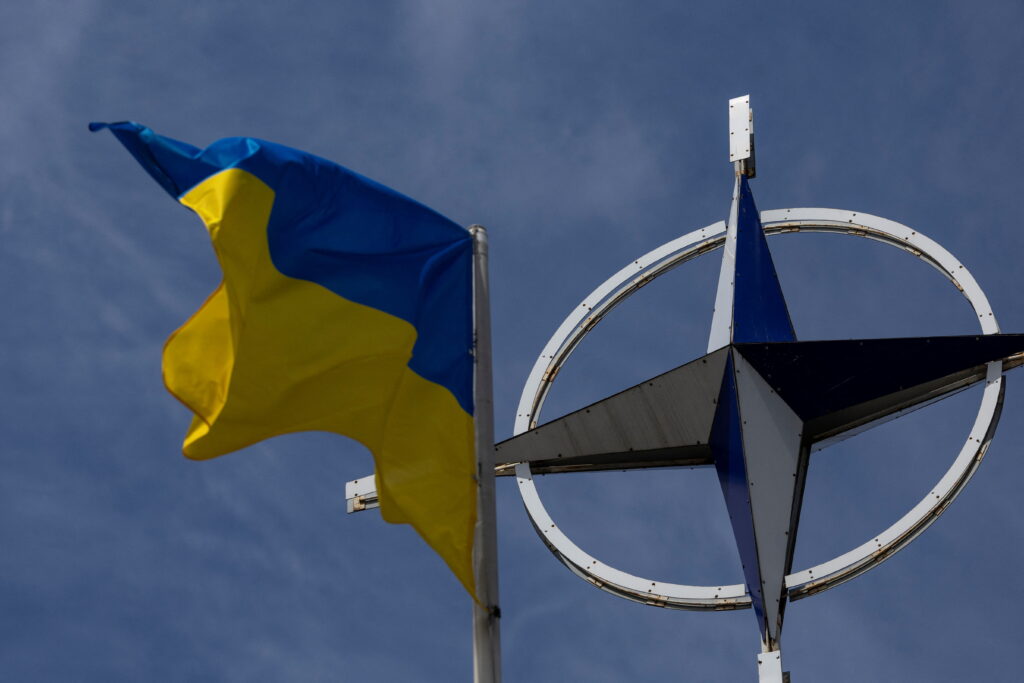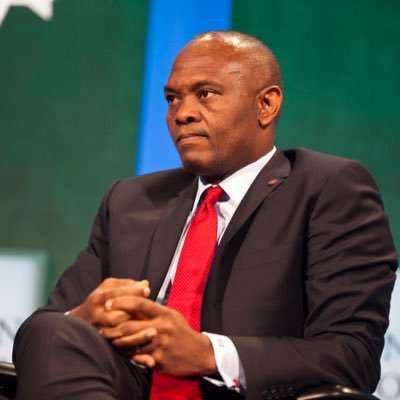NATO leaders have committed to providing Ukraine with a substantial $43 billion in military aid over the next year, aimed at bolstering its defenses against Russia. This pledge was formalized in a final communique following a NATO summit held in Washington, DC, on Wednesday, where member nations also announced individual and joint measures to enhance Ukraine’s and Europe’s security.
Key announcements included the United States, Netherlands, and Denmark’s plan to deliver NATO-provided F-16 fighter jets to Ukrainian military pilots by summer. Additionally, the US disclosed its intention to deploy longer-range missiles in Germany by 2026, marking a significant step to counter what alliance members perceive as an escalating threat from Russia.
NATO Secretary-General Jens Stoltenberg underscored that while Ukraine’s path to NATO membership is declared irreversible, actual accession hinges on agreed conditions and the cessation of hostilities. Stoltenberg emphasized that NATO’s support aims to expedite the end of the conflict, not prolong it.
The summit’s communique also strengthened language regarding China, describing it as a “decisive enabler” of Russia’s actions in Ukraine and identifying Beijing as posing systemic challenges to Euro-Atlantic security. Stoltenberg highlighted this as a pivotal message, marking the first time all NATO allies collectively labeled China in such terms.
Amidst political scrutiny, particularly from former US President Donald Trump, who has been critical of NATO, current President Joe Biden reaffirmed the alliance’s importance. Biden emphasized increased military spending and enhanced defense capabilities on NATO’s eastern flank since taking office, asserting unity in defense of NATO territory.
The summit, attended by leaders from 32 NATO countries along with Pacific partners and Ukraine, underscores NATO’s pivotal role in global security amidst evolving geopolitical challenges. As NATO prepares for potential leadership changes in the US, ongoing commitments to Ukraine’s security are viewed as crucial in navigating future negotiations and safeguarding sovereignty.






